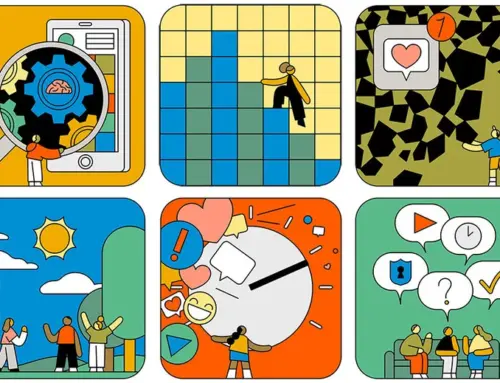This story originally appeared in New England Psychologist
The National Eating Disorders Association reports that 20 million women and 10 million men in the United States suffer from an eating disorder, including anorexia nervosa, bulimia nervosa and binge eating disorder. In January, the Food and Drug Administration approved the use of Vyvanse (lisdexamfetamine) for individuals diagnosed with binge eating disorder. The drug has been used to treat attention deficit hyperactivity disorder since 2007.
A press release from the FDA indicates that Vyvanse received approval under a priority review program that expedites the review of drugs intended to treat a serious disease or condition for which other therapy is not available. Additionally, approval followed two clinical trials of 724 adults with moderate-to-severe binge eating disorder. Findings indicated that subjects taking Vyvanse experienced a decrease in the number of binge eating days per week and had fewer obsessive-compulsive binge eating behaviors than those in the control group.
James M. Greenblatt, M.D., chief medical officer at Walden Behavioral Care, reported that he has been using stimulants, one of which is Vyvanse, for his binge eating disorder patients for more than 10 years. “Vyvanse works for 24 hours in binge eating disorders. This is key because binge eating takes place at night,” he said. The exact mechanism of action of Vyvanse is not known, but Greenblatt indicated that dopamine in the synapses is increased to different degrees and patients with the disorder have better control over their illness.
While cognitive behavioral therapy and group therapy may be other options, Greenblatt finds them unhelpful. “We were looking for a psychopharmacological solution,” he said, noting that the drug is only prescribed for severe cases.
Patients with binge eating disorder often present with comorbid illnesses, such as depression, anxiety, bipolar disorder, substance abuse and/or ADHD. In such cases, psychopharmacological agents are likely to be part of treatment, Greenblatt noted.
Although the approved dosage begins at 30 mg. and increases to as much as 70 mg., Greenblatt starts his patients at 20 mg., the lowest dose and titrates up. “Nutrition therapy is also recommended so patients can be weaned off the drug,” he said.
The FDA release also indicated that the most serious side effects include psychiatric problems and heart complications, which may include stroke, heart attack or sudden death for those with heart problems or defects. Additionally, since Vyvanse is a central nervous system stimulant, it may cause psychotic or manic symptoms even in patients without any previous psychotic history.
According to Greenblatt, Vyvanse can be compared to drinking 10 cups of espresso. Patients might expect to have increased heart rates and/or blood pressure.
A Schedule II substance, Vyvanse has a high potential for abuse. Greenblatt said, “Vyvanse would not be prescribed for anyone with addiction or a history of substance use or abuse.”
Greenblatt reported that he has treated thousands of patients with binge eating disorder with Vyvanse on an inpatient and outpatient basis. “I believe psychopharmacology can provide relief for a vast majority of patients,” he said.
We know finding binge eating disorder treatment can be tough. Walden is here for you. If you are concerned that you, or a loved one, may have an eating disorder, please reach out by completing the form on this page or email us at intake_coordinators@waldenbehavioralcare.com






